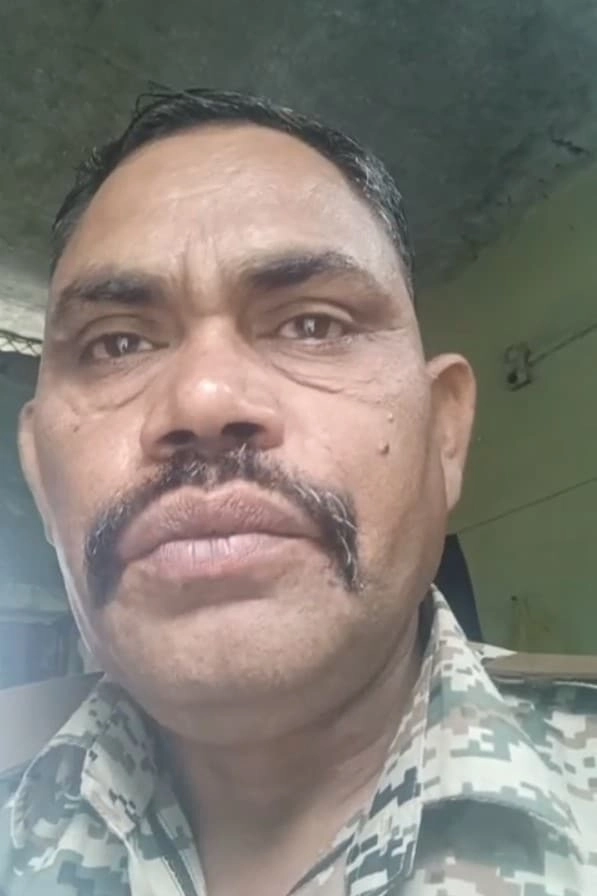In a tragic incident from Madhya Pradesh, a police officer has taken his own life, leaving behind a series of chilling videos in which he alleges harassment and mistreatment that he faced within the police force. The officer, whose identity has not been disclosed, reportedly recorded these videos as a form of testimony to the distressing circumstances he encountered in his professional environment. His death has sparked outrage and concern, highlighting the growing issue of mental health challenges faced by law enforcement personnel, exacerbated by workplace harassment and bullying.
In the videos, the officer articulates feelings of despair and helplessness, detailing the relentless pressure and intimidation he experienced from his superiors. This revelation has ignited discussions about the culture within police departments, where such behaviors may be tolerated or overlooked, leading to dire consequences for individuals who feel powerless to speak out. The emotional weight of his words serves as a stark reminder of the need for systemic changes within law enforcement agencies to address mental health support and create a more supportive environment for officers.
The incident has also prompted calls for an investigation into the claims made by the deceased officer. Many advocates and community members are urging authorities to take these allegations seriously and to implement measures that protect the well-being of police personnel. The officer’s suicide is not merely a personal tragedy; it reflects broader societal issues concerning mental health, workplace harassment, and the urgent necessity for reform within policing institutions. As more details emerge, there is a palpable sense of urgency to address these critical issues, ensuring that no officer feels compelled to take such a desperate step in silence.
In light of this devastating event, it is imperative that conversations around mental health and workplace culture within law enforcement continue to gain traction. Policymakers, community leaders, and law enforcement agencies must collaborate to foster an environment where officers feel safe, supported, and empowered to seek help without fear of retaliation. Only through collective action and a commitment to change can the tragic loss of this officer serve as a catalyst for a more compassionate and understanding approach to mental health within the police force.




